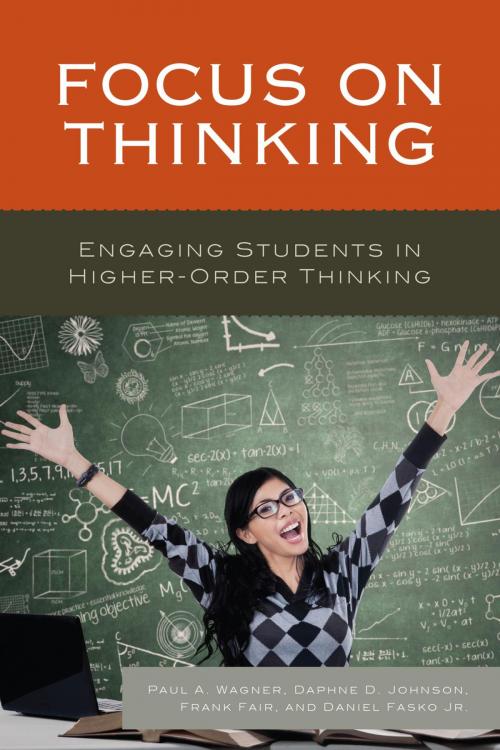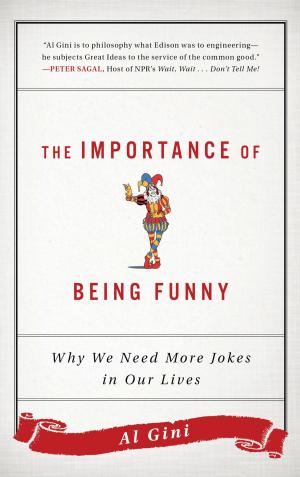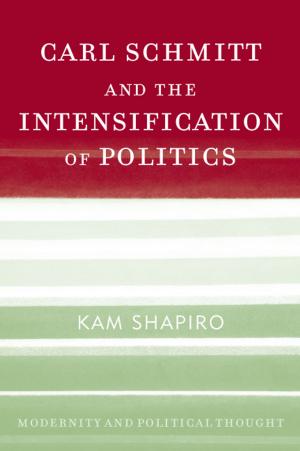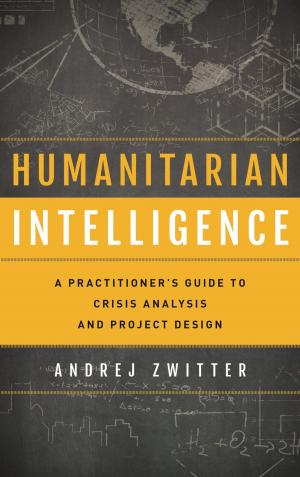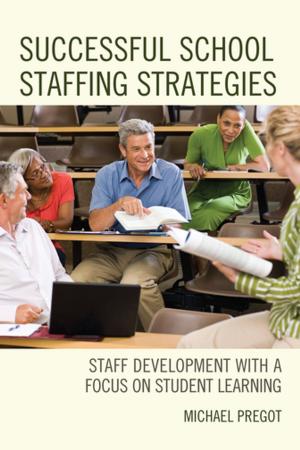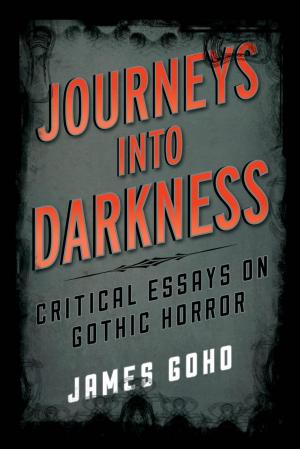Focus on Thinking
Engaging Educators in Higher-Order Thinking
Nonfiction, Reference & Language, Education & Teaching, Educational Theory, Curricula, Teaching, Teaching Methods| Author: | Paul A. Wagner, Daphne Johnson, Frank Fair, Daniel Fasko Jr. | ISBN: | 9781475833539 |
| Publisher: | Rowman & Littlefield Publishers | Publication: | January 23, 2017 |
| Imprint: | Rowman & Littlefield Publishers | Language: | English |
| Author: | Paul A. Wagner, Daphne Johnson, Frank Fair, Daniel Fasko Jr. |
| ISBN: | 9781475833539 |
| Publisher: | Rowman & Littlefield Publishers |
| Publication: | January 23, 2017 |
| Imprint: | Rowman & Littlefield Publishers |
| Language: | English |
In the wake of initiatives such as No Child Left Behind and the use of high-stakes testing, the emphasis in schools has been on drill and practice for the test. Genuine understanding and critical thinking have been increasingly shortchanged. As a result, students have fewer opportunities to advance their insight into cognitive and emotional challenges, even though both teachers and parents recognize the importance of developing deliberative and reflective thinking skills.
This book uniquely combines two things. First, it provides resources for classroom teachers in middle and secondary school that make it possible to, at a moment’s notice, take advantage of a teachable moment by drawing students into productive intellectual discussions. Second, it gives the reader an overview of the rationale and the research base for engaging students in educational activities that are truly intellectual and that are not limited to training for testing success.
In the wake of initiatives such as No Child Left Behind and the use of high-stakes testing, the emphasis in schools has been on drill and practice for the test. Genuine understanding and critical thinking have been increasingly shortchanged. As a result, students have fewer opportunities to advance their insight into cognitive and emotional challenges, even though both teachers and parents recognize the importance of developing deliberative and reflective thinking skills.
This book uniquely combines two things. First, it provides resources for classroom teachers in middle and secondary school that make it possible to, at a moment’s notice, take advantage of a teachable moment by drawing students into productive intellectual discussions. Second, it gives the reader an overview of the rationale and the research base for engaging students in educational activities that are truly intellectual and that are not limited to training for testing success.
